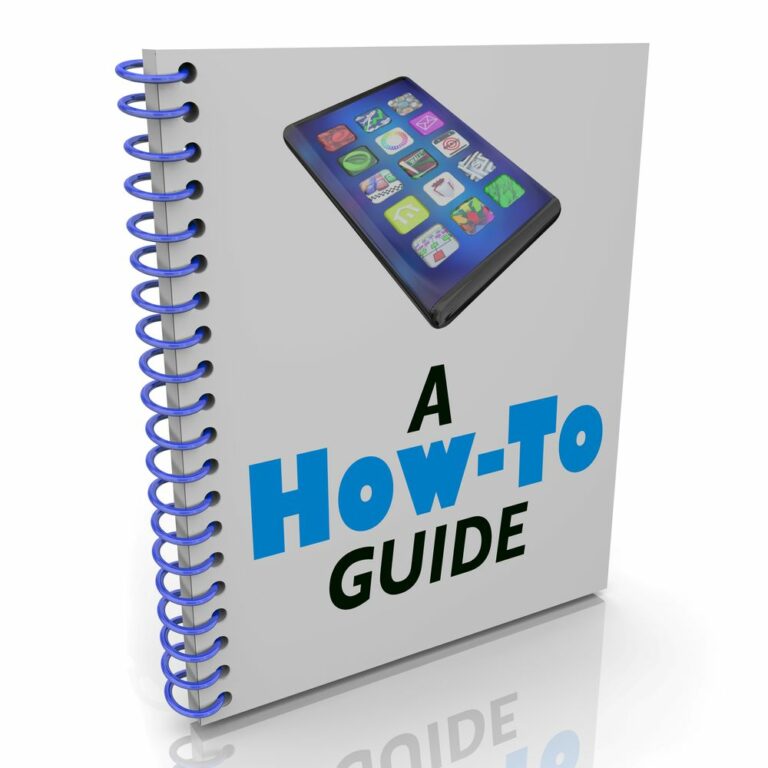Economists predict the coronavirus pandemic will be more damaging to our economy than the GFC. Its financial impact has certainly been a lot more sudden. Here are three marketing tips for surviving the pandemic.
If using humour in your marketing, be very careful!
Many brands have a “brand voice” that is serious, advisory, or trustworthy. But if your brand voice is fun, casual, irreverent, or humorous, you need to be very careful with any marketing that relates to the pandemic.
Hamilton Bar House on Hood ran into trouble at the end of January with a promotion on Coronas that made light of the coronavirus. “Just $6.50 every day while the pandemic lasts”, the post read, which featured two men wearing boiler suits and gas masks while holding up Coronas. The post received many outraged comments and was taken down after the Human Rights Commission Race Relations Commissioner Meng Foon condemned the ad as “absolutely bad taste”.
The BusIt App, however, demonstrated how to get it right. Their in-app message to users in March stayed true to their humorous brand voice while conveying a serious message. It read:
“Well it’s happening. Even if you’re not sick: Protect yourself and others from coronavirus by staying home and practicing good hygiene. Wash your hands. Cough in your sleeve. Don’t lick the pole on the bus… Be sure to wash your hands – before you leave and after you arrive at your destination. Wash for 20 seconds, which is about the length of the intro to “Lose Yourself” by Eminem. You can rap it in your head. But why would you when you can sing it loudly?”
Perfect copywriting for their audience that stayed true to their fun brand voice, without being insensitive.
Adapt to your market where you can
Understanding the needs of your customers and crafting your product to fit is a key part of marketing. When customers’ needs change rapidly, businesses that can adapt quickly can benefit financially, and be perceived as thoughtful at the same time. (Note: These examples are mainly applicable at Alert Level 1, 2 and 3.)
Uber Eats, Dominos and Countdown were all quick to offer a no-contact delivery option.
Hamilton East florist, Alexmarie, offered free delivery of flowers to anyone stuck in isolation.
My Food Bag offered a “My Back-up Food Bag” one-off purchase option for stocking up the pantry with long-life supplies for breakfasts, lunches, dinners and snacks.
And local hero company Good George Brewery took adaption to a whole new level, turning their gin and whiskey distillers into a hand sanitiser factory, picking up superb publicity along the way.
It’s not possible for every business to adapt but think of where you can support your customers extra or think about what you can communicate to help put their minds at ease about doing business with you.
Prepare for impact by keeping only effective marketing
Economists are predicting the coronavirus pandemic will be more damaging to our economy than the Global Financial Crisis. Even when the pandemic is over, the fundamentals of our economy will have taken such a hammering, it could take a long time to recover.
While we all hope things will bounce back quickly, being prepared is important. Research has found that businesses that stop marketing during an economic crisis end up hurting a lot more than the businesses that continue to invest in marketing. However, the reality is that paying for marketing requires cash, and when cash is in short supply, continued investment in marketing can be challenging.
To survive, the key is to be more ruthless about investing in marketing that brings returns. Look at what marketing you can measure most clearly for bringing in leads and sales. Unless you’re Coca Cola, running brand focused campaigns and general awareness advertising, will not be the best use of your marketing budget. Instead, assess the results your business needs the most, and focus on marketing that will get you those results most efficiently.
At the top of the list would be Google Ads, search engine rankings, Facebook/Instagram campaigns and outbound email. You should be using call tracking to accurately track phone calls that come from Google Ads and social media campaigns. While not everything can be measured perfectly, the more accurately you can measure, the better your decisions can be about what marketing to invest in.
Trim the least effective and least measurable marketing – such as sponsorships, most print advertising, billboards and radio advertising. Unless you have a clear correlation between your advertising and the results, when times are tough, trim what is least likely to have a direct impact.
And when you identify which marketing is working best, put more investment into that. Those are some of key ingredients to your marketing recipe for surviving the pandemic.









